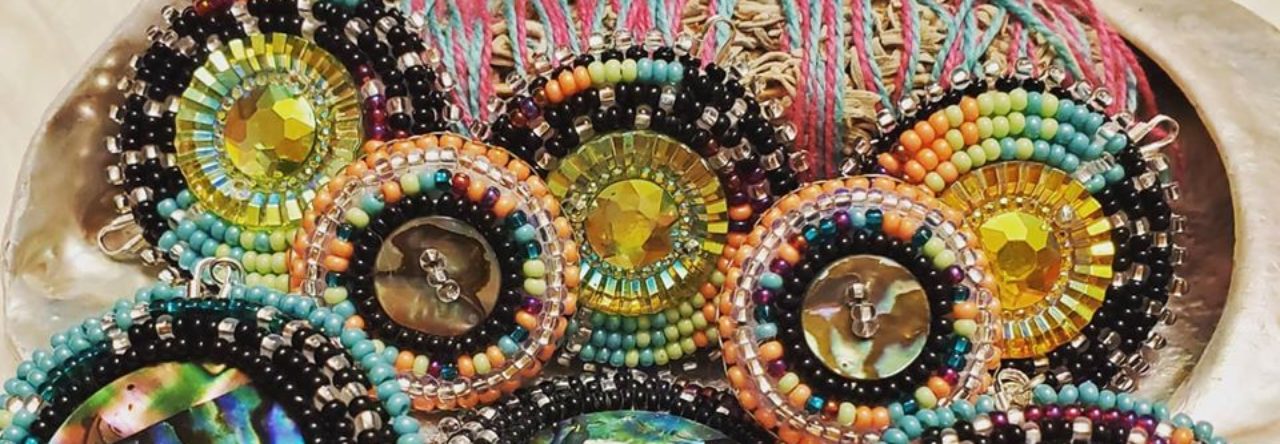I found the speakers to be innovative and refreshing in Lhulh’uts’ut’en – Working Together from Equity Scan to Action Plan. It is not often that I find myself surrounded with Indigenous perspective and philosophy within the education system or work environment. I am continually a minority or feeling like an aside. It is not easy living as an Indigenous student in a colonized world. The more new knowledge you absorb, whether it be about past traumas or policies still held on your people, the more you want to share. I consider it an awakening as I learn more about our heritage, culture, and history. I am what would be considered academically successful. I can compete in this Western World with non-Indigenous and Indigenous students or colleagues. I can hold my ground and clearly articulate my opinions, experience, and knowledge. I have often been the only Indigenous student in my class. I grew up in the French Immersion program in Northern British Columbia. I was one of three natives in the class of 30, which dwindled down to only me by Secondary School. I have had teachers stop lessons to apologize to me for things done to Iroquois people in the 1500s. I have had teachers say, “Well, you’re not like those natives,” not knowing that I am a second-generation Indian Residential School who grew up on reserve, and am in fact the same as, relate to, and feel a part of our Indigenous Population. I have had teachers push the medicine wheel my way as means of showing their openness to me, not realizing that my culture does not use the medicine wheel. The education systems mass use of the medicine wheel creates a distance between students and school. It shows the wide belief of an Indigenous Melding pot of culture. The belief that our vastly unique and intricate Indigenous cultures are easily interchangeable and what is true for one nation is true for all. This gesture from my teacher showed me how little was known about my culture, though I was being taught on traditional land. I am feeling hopeful in our education system as it works to further Indigenize the curriculum and hopefully staff. I am hopeful that our teachers are now required to take classes like Indigenous Education. I consider these to be steps forward, but I am still conscious of the work still to be done.
I am conscious of my role as an Indigenous person within education, as a student, peer, and future teacher. I strive to do my best to be open to all and to share from my personal experience and culture to benefit those around me. I understand that many of them have little real experience with Indigenous peoples or cultures. I want my peers, upcoming teachers, to be able to relate to and show care for our Indigenous students and create a safe and inclusive environment for all. It is not easy to speak up and share my experience, but I do so each time in hopes that it will benefit their students later. I appreciate the story and perspectives shared by the speakers today at the Indigenous Day of Learning seminar.

